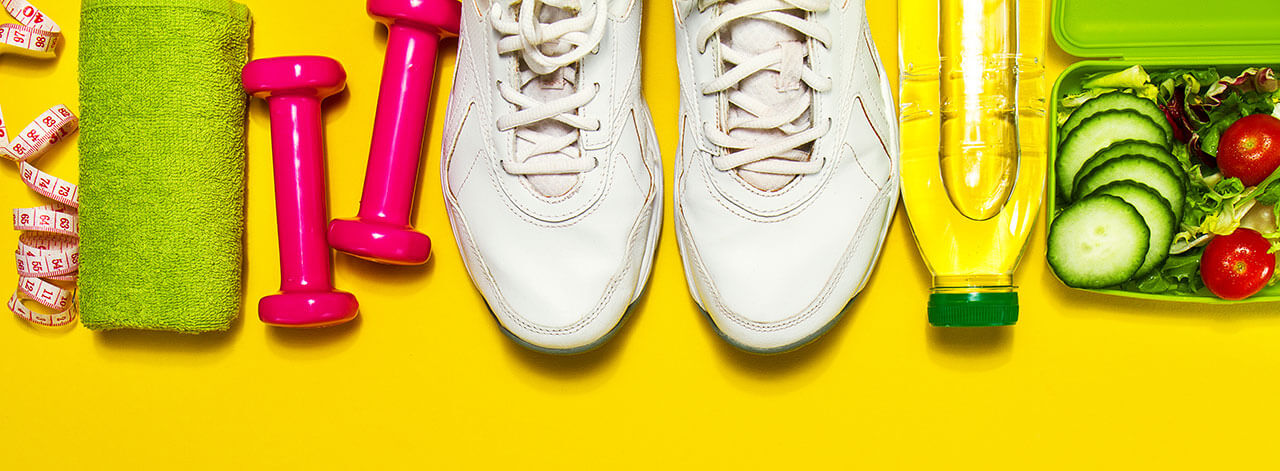
 Your Wellness Lifestyle Starts Here
Your Wellness Lifestyle Starts HereIt is estimated that our bodies are 60% water, making it important to stay hydrated for good health. Every day, our bodies lose approximately 10 cups of water through perspiration, urination, bowel movements, and breathing. Water needs to be replaced through a combination of food and the water we drink. Water in food varies, so we need to make sure we drink at least 64 ounces daily.
Water contains electrolytes and important minerals such as sodium, potassium, calcium, magnesium, and iron, which are all essential to good health. Water also carries nutrients and oxygen to every cell, assists in removing waste products and toxins from the body, and helps to control our internal temperature.
Most people, however, live in a state of chronic dehydration. Signs of dehydration include fatigue, poor skin condition, constipation, fluid retention (because the body thinks it is in a drought situation), dry eyes, and worsening of allergies and asthma symptoms.
Dehydration can also cause much more serious problems. A research group looked at the association between fatal coronary disease and intake of both water and other fluids for over 20,000 men and women between the ages of 38 and 100. Subjects who consumed more than 5 glasses of water per day had a lower risk of fatal heart attack than those who drank fewer than two glasses per day. The development of coronary artery disease increased with higher intake of fluids other than water. The researchers stated that the reason is that whole blood viscosity, plasma viscosity, hematocrit, and fibrinogen (independent risk factors for coronary heart disease) are influenced by hydration status. They wrote that one of the reasons why coronary events tend to take place in the morning is that people do not drink water while sleeping and are the most dehydrated in the morning on waking.
A good rule is to assume that you are dehydrated if you are drinking less than 8 cups of water each day. You also need more water if you exercise and/or if you spend time outdoors when it is hot.
Water is what our bodies need; juices and other fluids are not good substitutes. Water is absorbed through the stomach walls, which allows it to reach cell tissues quickly. Flavored water (adding limes or lemons) takes significantly longer to be assimilated into the body for hydration.
It is better to drink water in-between rather than with meals, since drinking water with (or immediately after) a meal can dilute stomach acid, making digestion more difficult. Avoid drinking water or other fluids with meals unless you are thirsty and hungry at the same time.
Children should be taught to make water their first choice of drink at an early age, with water the primary beverage after weaning. Water needs for children are lower than for adults, so they should consume 50% of their weight in ounces daily.
References: Informed Health/Wellness Forum Health





0 Comments